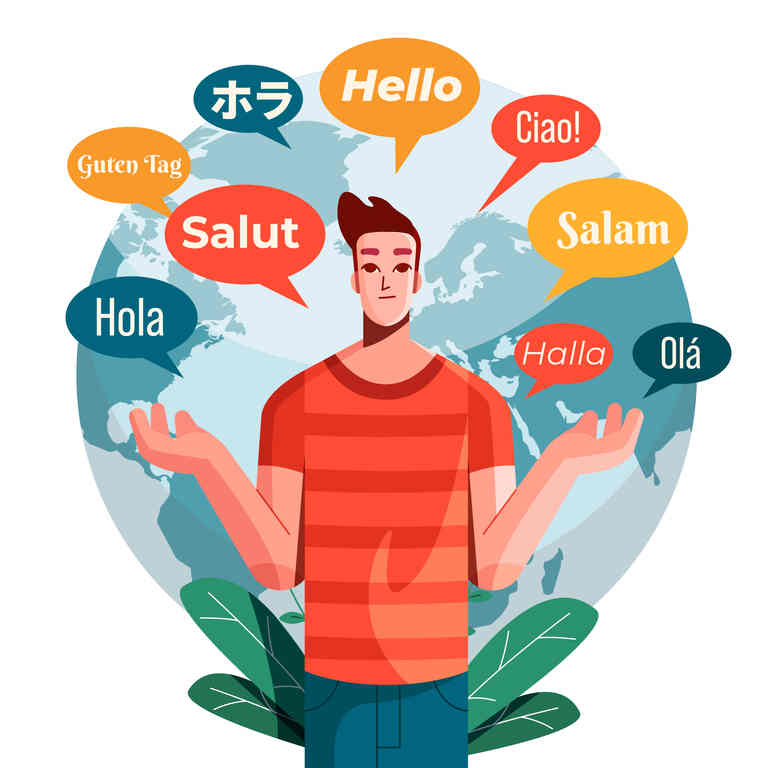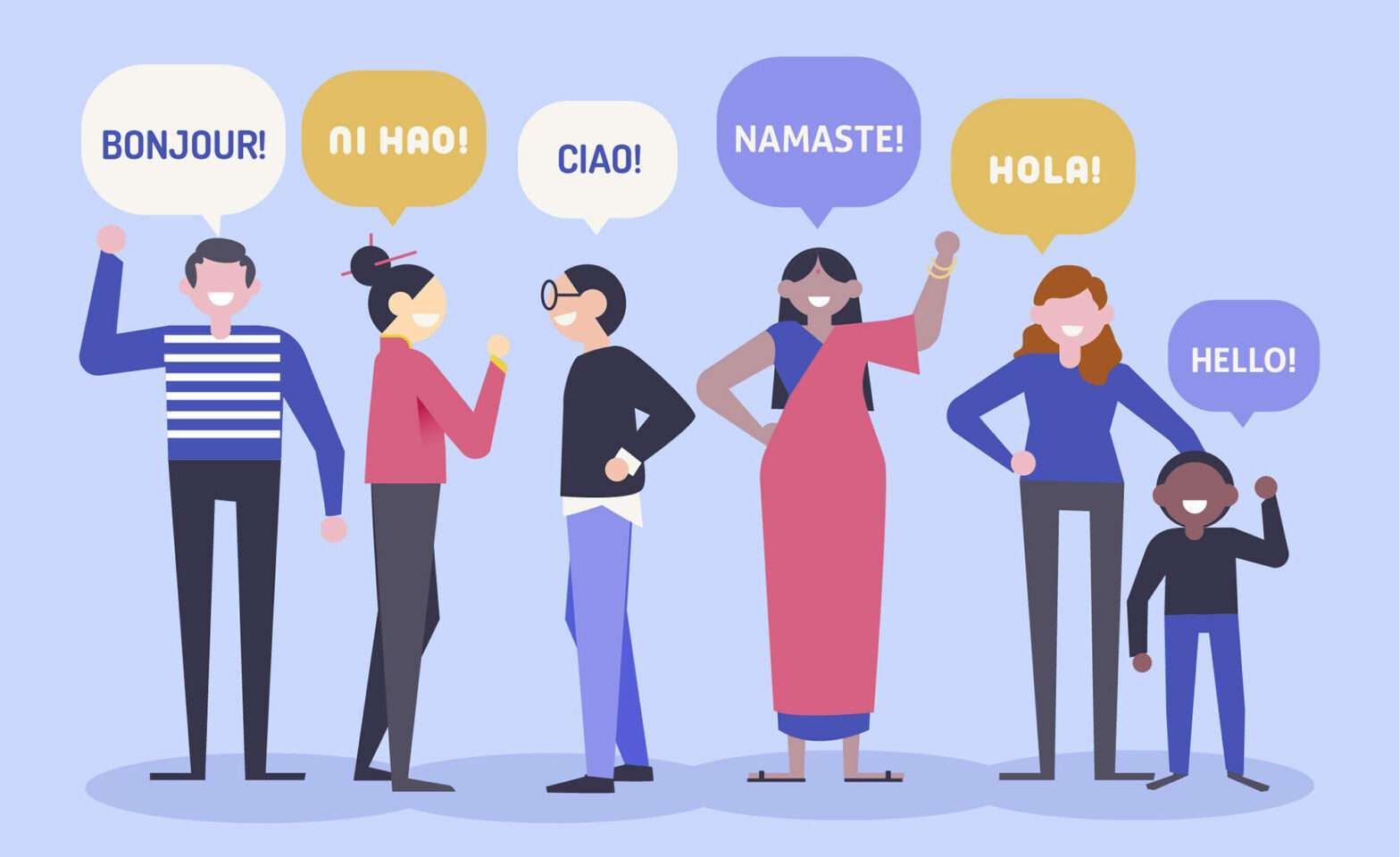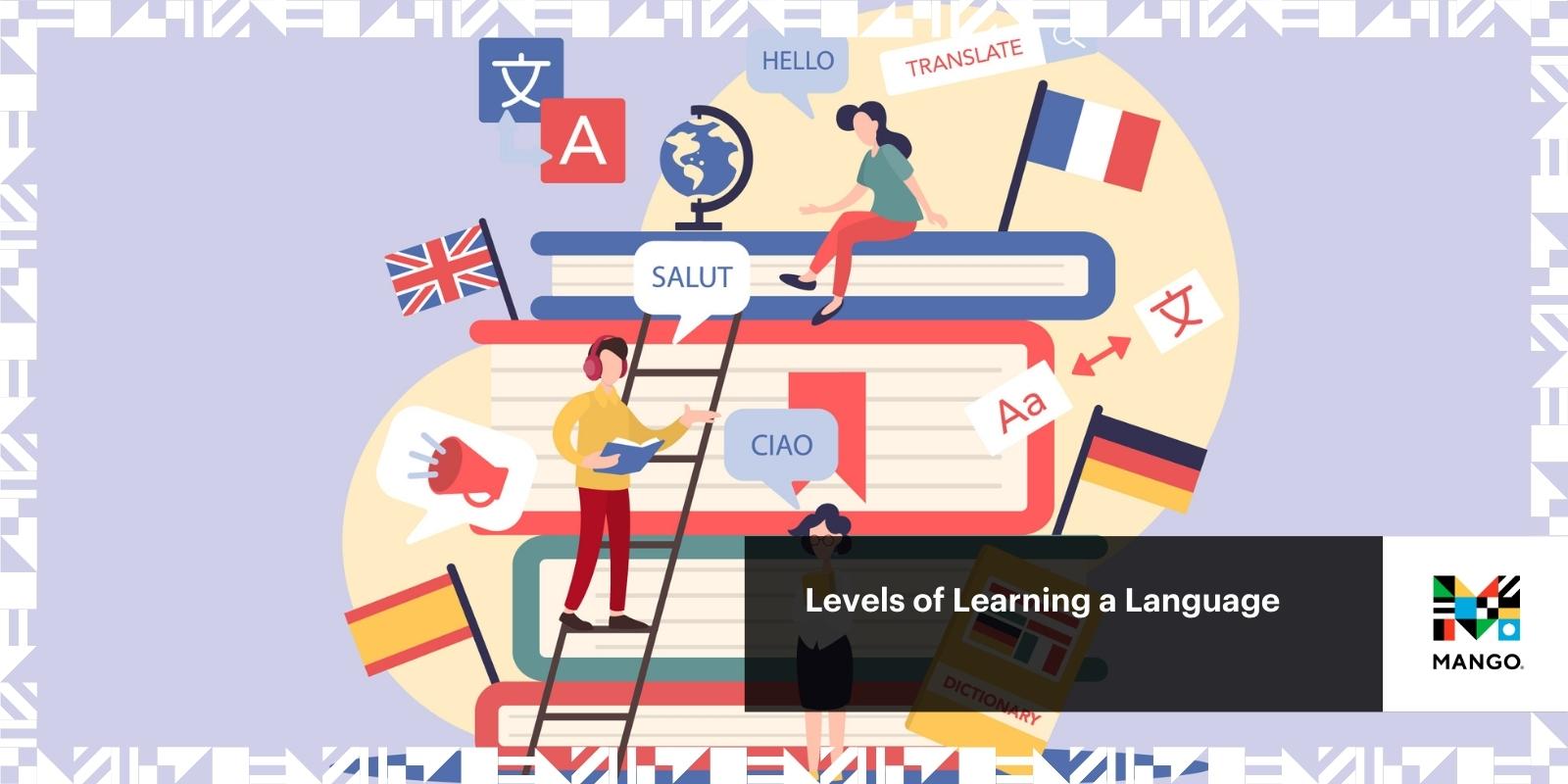So, you're wondering what language they speak in Switzerland, right? You're definitely not alone. Whether you're planning a trip, starting a job, or just curious about European culture, Switzerland’s language situation is more complex than you might expect. Unlike most countries, Switzerland doesn’t have just one national language — it has four! That’s right, four official languages spoken across the country. Let me break it down for you in a simple, easy-to-understand way.
Switzerland is a unique place in many ways, and its linguistic diversity is a big part of that. It's not just about which language people use — it’s about how they switch between them, how it shapes daily life, and why this mix works so well in one relatively small country. So, if you're looking to understand what language they speak in Switzerland, you're in the right place.
Before we dive deeper, let’s get one thing straight: Switzerland’s language setup isn’t random. It’s rooted in history, geography,and culture. The Swiss proudly maintain their multilingual identity, and it’s a big part of what makes the country so special. Let’s take a closer look at what languages are spoken there, where, and why.
Table of Contents
- The Four Official Languages of Switzerland
- Where Each Language Is Spoken
- How Multilingualism Works in Daily Life
- Swiss German vs. Standard German
- Language in Education and Government
- Frequently Asked Questions
The Four Official Languages of Switzerland
Switzerland officially recognizes four national languages: German, French, Italian, and Romansh. Each one holds equal status in government, education, and public life — at least on paper. In practice, the usage of each varies depending on region, age group, and context.
German is the most widely spoken, used by around 62% of the population. But hold on — this isn’t exactly the same German you’d hear in Germany. We’ll get to that later.
French comes in second, spoken by about 23% of the Swiss population, mainly in the western part of the country, known as the Romandy region.
Italian is spoken by around 8% of people, mostly in the southern canton of Ticino and parts of Graubünden. It might be the smallest of the four in terms of speakers, but it’s still an official language and holds cultural importance.
Romansh is the smallest of the bunch, spoken by less than 1% of the population — but it’s still officially recognized. It’s a Romance language, similar to Italian and French, and is spoken mostly in the canton of Graubünden.
Where Each Language Is Spoken
Switzerland is divided into 26 cantons, and each has its own language or languages. Let’s take a closer look at where each language is most common.
- German: Spoken in the northern, central, and eastern parts of the country. Major cities include Zurich, Basel, and Bern.
- French: Dominates the western region, including Geneva, Lausanne, and Neuchâtel.
- Italian: Found mainly in the canton of Ticino and parts of Graubünden, with cities like Lugano and Bellinzona.
- Romansh: Spoken in the southeastern canton of Graubünden, mostly in rural areas.
There’s some overlap, especially in cities like Bern and Biel, where both German and French are official languages. These bilingual or even trilingual regions are a fascinating part of Swiss life, where people switch between languages with ease.
How Multilingualism Works in Daily Life
Swiss people grow up with multiple languages, and it’s not uncommon for someone to speak two or three fluently. For example, a child in the French-speaking region might start learning German in school and pick up English as a third language later on.
So, how does this multilingual setup affect everyday life? Well, quite a bit. Public signs, government documents, and even product packaging often appear in multiple languages. Swiss TV and radio broadcasts switch between German, French, Italian, and sometimes even English. Even the Swiss army operates in multiple languages!
It’s also common for Swiss people to switch languages depending on who they’re talking to. Someone from Zurich might speak German at home, French with a colleague from Geneva, and English in a professional setting. It’s a bit like living in a real-life language lab.
Swiss German vs. Standard German
One thing that often surprises visitors is that Swiss German (Schweizerdeutsch) sounds very different from the German spoken in Germany. It’s not just an accent — it’s a whole different dialect with unique vocabulary and pronunciation.
For example, the word for “to go” in Swiss German is “go,” whereas in Standard German it’s “gehen.” And the word for “why” is often “wäsi” instead of “warum.”
Even Swiss people who speak Standard German perfectly will often default to Swiss German in casual conversation. So if you're planning a visit and trying to learn a few phrases, it might be worth checking if people use Standard German in formal settings — because they definitely do.
Language in Education and Government
Education in Switzerland is mostly handled at the cantonal level, which means there’s some variation in how languages are taught. Generally, children start learning a second national language around age 10 or 11.
In German-speaking areas, students typically learn French as their first foreign language. In French-speaking regions, they start with German. Italian and Romansh are taught less widely, mostly in their respective regions.
English is becoming more and more common, especially in urban areas and among younger generations. It’s often introduced early and used in higher education and business settings.
In government, all four languages are used in official documents and communications. The Swiss federal administration has departments that work in each language, and laws are published in all four versions to ensure fairness and accessibility.
Frequently Asked Questions
Is English widely spoken in Switzerland?
Yes, English is commonly spoken, especially in cities and among younger people. It’s often used in business, tourism, and higher education. However, in rural areas, you might need to rely on the local language.
Do Swiss people speak all four languages?
Most Swiss people speak at least two languages — their local language and a second national language, usually French or German. Some also speak English, but not everyone is fluent in all four official languages.
Can I get by in Switzerland just speaking English?
You can definitely get by in major cities and tourist areas with English. However, in smaller towns and when dealing with official matters, knowing the local language or having translation tools handy can be really helpful. You can use Google Translate for quick translations on the go.
If you're using office software like Microsoft 365, you might have run into language issues where the interface changed unexpectedly. If you're trying to switch languages back, it's usually possible through settings — just remember to restart the app after making changes.
For more tips on managing language settings across different platforms, Learn more about language options and how to customize your experience.



Detail Author:
- Name : Ms. Lavada Huel
- Username : anderson.dario
- Email : rebert@schultz.com
- Birthdate : 1988-05-05
- Address : 500 Filomena Trail Apt. 021 Port Hassiebury, GA 96482
- Phone : +1.603.509.8405
- Company : Ernser Inc
- Job : Urban Planner
- Bio : Ut error quas qui sunt aperiam tempore. Occaecati perspiciatis neque corporis in omnis. Aut optio occaecati sunt sapiente repudiandae odit velit.
Socials
facebook:
- url : https://facebook.com/jerrell_dev
- username : jerrell_dev
- bio : Atque blanditiis doloremque est at.
- followers : 921
- following : 345
tiktok:
- url : https://tiktok.com/@jerrell_hilpert
- username : jerrell_hilpert
- bio : Unde sequi veniam aut sed et nemo ab.
- followers : 3411
- following : 154

